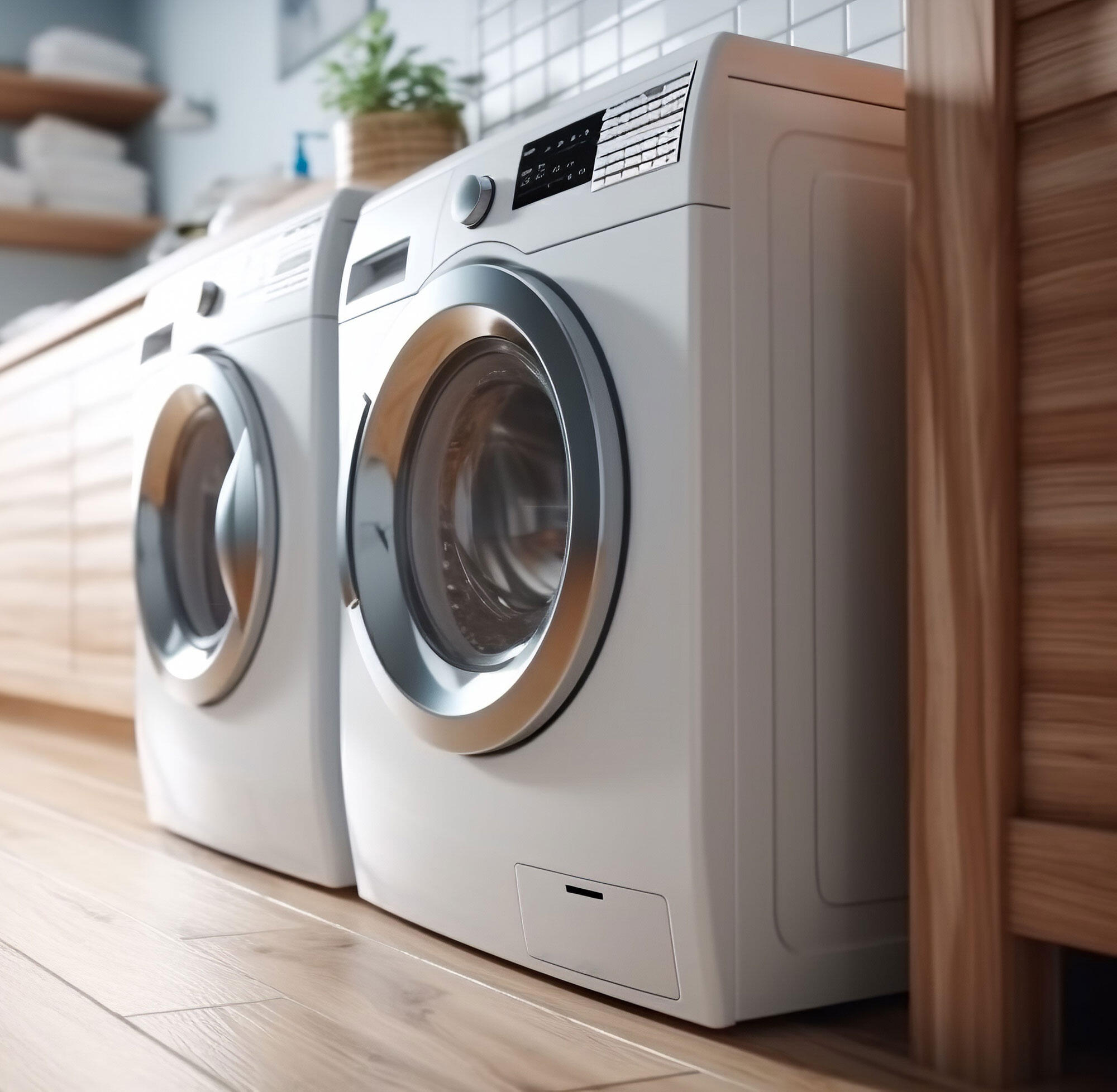
THE PRODUCT:
Residential clothes washers include both top-loading and more efficient front-loading machines. Most clothes washers are classified as standard-sized.
THE STANDARD:
The current standards for clothes washers took effect in 2015, though a second tier of standards for top-loading washers took effect in 2018. The standards, which were based on a consensus agreement between manufacturers and efficiency advocates, specify minimum energy and water efficiency levels.
In 2024, DOE finalized amended standards for clothes washers based on a joint recommendation from manufacturers and efficiency advocates. The new standards are based on new metrics, energy efficiency ratio (EER) and water efficiency ratio (WER) and are equivalent to the current ENERGY STAR levels for standard-size top-loading and front-loading washers.
In May 2025, DOE proposed to rescind the water efficiency requirements set by rulemaking for residential clothes washers, reverting to older water efficiency standards established by Congress. For compact residential clothes washers, DOE proposed to completely eliminate the energy efficiency and water efficiency standards.
*EER (expressed in lb. of clothes washed per kWh per cycle) incorporates machine electrical energy consumption, hot water energy consumption, the energy required to remove the remaining moisture in the clothes, and any standby or off mode energy consumption. WER is expressed in terms of lbs. of clothes washed per gallon per cycle.
KEY FACTS:
Clothes washer efficiency can be improved primarily through higher spin speeds to remove more moisture from the clothes as well as reductions in both hot and cold water usage. Front-loading washers, which are generally more efficient than top-loading washers, are subject to more stringent standards than comparable top-loading units.
Fact Sheets
Filings
Other
ASAP Press Releases
Timeline
| Federal | Date |
| Next Review Due | 2030 |
| 6th Federal Standard Effective | 2028 |
| 6th Federal Standard Adopted | 2024 |
| 5th Federal Standard Effective |
2018 (Tier 2) 2015 (Tier 1) |
| 5th Federal Standard Adopted | 2012 |
| 4th Federal Standard Effective | 2011 |
| 4th Federal Standard Adopted | 2007 |
| 3rd Federal Standard Effective | 2004 |
| 3rd Federal Standard Adopted | 2001 |
| 2nd Federal Standard Effective | 1994 |
| 2nd Federal Standard Adopted | 1991 |
| 1st Federal Standard Effective | 1988 |
| 1st Federal Standard Adopted | 1987 |
| NAECA Initial Federal Legislation Enacted | 1987 |